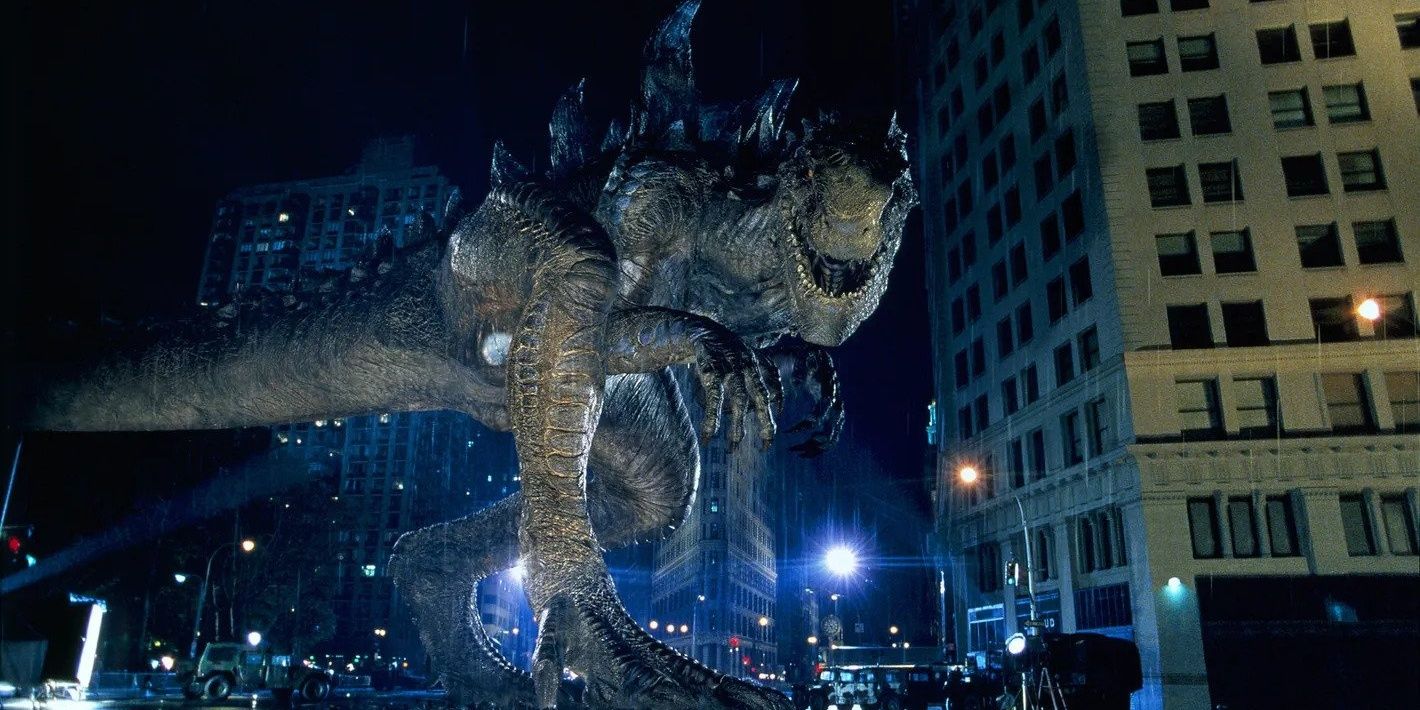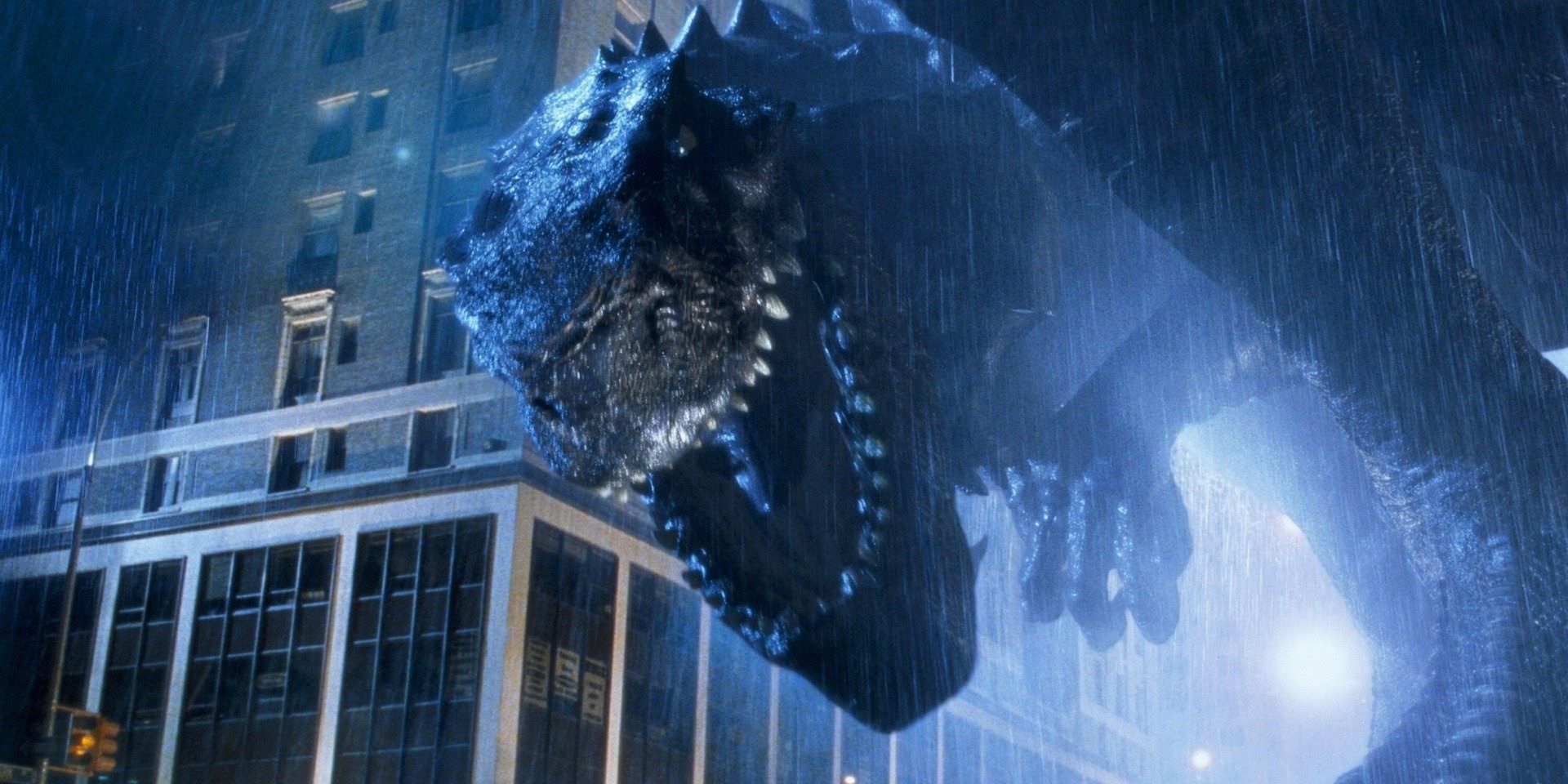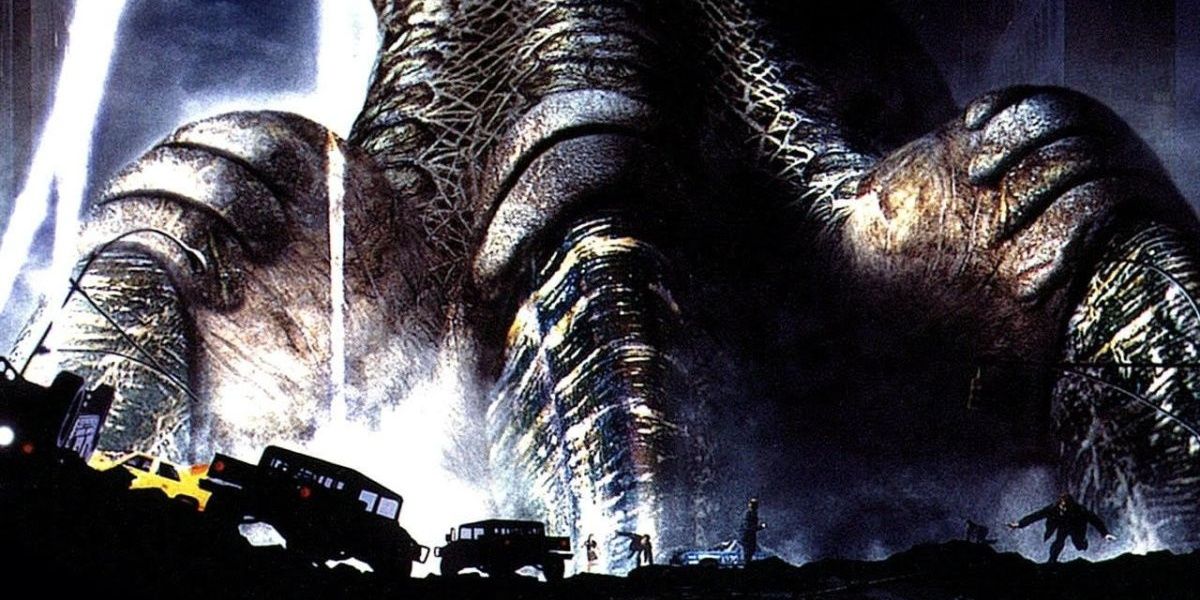Who remembers the first American Godzilla movie? Most people don't, largely because the modern US efforts are substantially better. The film was despised by critics and audiences, it was a box-office disappointment, and the director went on to regret making it. The film even received derision from Rage Against the Machine in "No Shelter," the song they recorded for its soundtrack.
The soundtrack used to be a key part of a movie's public image. Every big-budget blockbuster had to have a tie-in CD with all the biggest bands of the era. While a lot of movie soundtrack albums still come out, they're rarely big events like they used to be. Back in the 90s however, the music behind a film would say a lot about its public perception, for better and for worse.
Godzilla: The Album dropped only a day before the film it was meant to promote, and it immediately became one of the most successful and memorable soundtrack records of the era. The lead single was "Come With Me," an orchestral rap-rock anthem by Puff Daddy and Jimmy Page that was built around Led Zepplin's "Kashmir." The Wallflowers racked up a decent hit with a cover of David Bowie's "Heroes." The Ben Folds Five song "Air" is still recognized as a classic. However, track four on the album was a surprise track from notorious revolutionary rock stars Rage Against the Machine. The idea of the band best known for their powerful anti-capitalist statements promoting a big-budget Hollywood production was absurd to many. Critics had long accused RATM of hypocritically using their message to make millions. Despite the misgivings, the band boldly used their new platform to critique the very medium they'd been asked to perform in.
Rage Against the Machine, a band that was once asked by the BBC to avoid swearing and responded by opening a show with "Killing in the Name," should never have been on the list of soundtrack contributors. It was myopic of the studio to reach out to them. They must have imagined that they'd reign in their views for the right price. Or maybe they just assumed they'd be forcefully rebuked by the band and had to stifle their shock when Rage responded. Their contribution to the film, "No Shelter" is a song about the use of mass media as a distraction from the real issues. They attack various marketing companies for attempting to portray consumerism as rebellion. They draw attention to films like Amistad for their historical inaccuracy and role as an opiate for the masses. Most notably, they describe Godzilla as "pure filler" designed to "get your eyes off the real killer."
Rage Against the Machine drove home their criticism of the film they were ostensibly hired to promote with the music video for "No Shelter." Perhaps the only thing Roland Emmerich's take on the beloved kaiju got right was its marketing. The director was explicitly clear that he didn't want the monster's new look to be revealed until the film came out. 30 companies signed a tenuous deal ensuring that no one outside the production team would lay eyes upon their version of Godzilla. The trailers carefully avoided showing the beast in its entirety. Billboards and bus ads heightened this tease with lines like "his foot is as long as this bus" or "he's twice as tall as this sign." The tagline "size matters" marked each ad. The video for "No Shelter" borrowed the concept but used it to illustrate more unpleasant truths. "The crater at Hiroshima would stretch from here... to here" was emblazoned on two billboards at opposite ends of the city. "Babies born into poverty in the U.S. each year would fill this building" was splattered across a skyscraper. It's a harrowing image each time, but it's also a clever way to attack the film's marketing apparatus.
"No Shelter" is a clever use of contextual irony. Rage Against the Machine was handed a massive platform that they immediately used to decry the system it exists as a part of. The logic was sound, as a revolutionary socialist message would never make it into a movie soundtrack under normal circumstances. Far more people likely heard Rage's lyrics than would have if they hadn't signed on to the project. Unfortunately, it's hard to know whether the critiques went on to have any notable impact. Arguably, their presence on an already hugely popular album could've been advantageous to the company they attempted to hurt. This is the problem with attacking capitalism while inside it. The people at the top will always find a way to profit, even off of art that exists to destroy them.
"No Shelter" might be the most interesting movie soundtrack piece of all time. Most people who work on or adjacent to a film are terrified of offering any sort of criticism. Many performers are sworn to secrecy and open to legal threats if they dare to speak ill of the corporations that sign their checks. Leave it up to Rage Against the Machine to rebel, even when they've been hired to promote a film.



